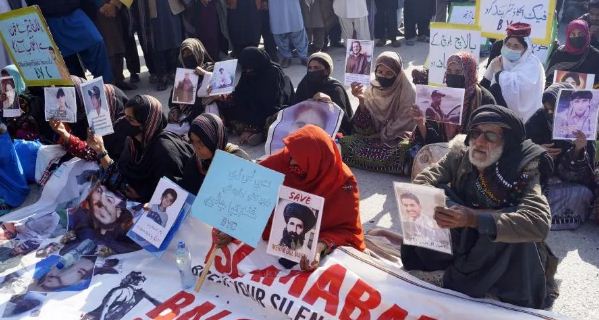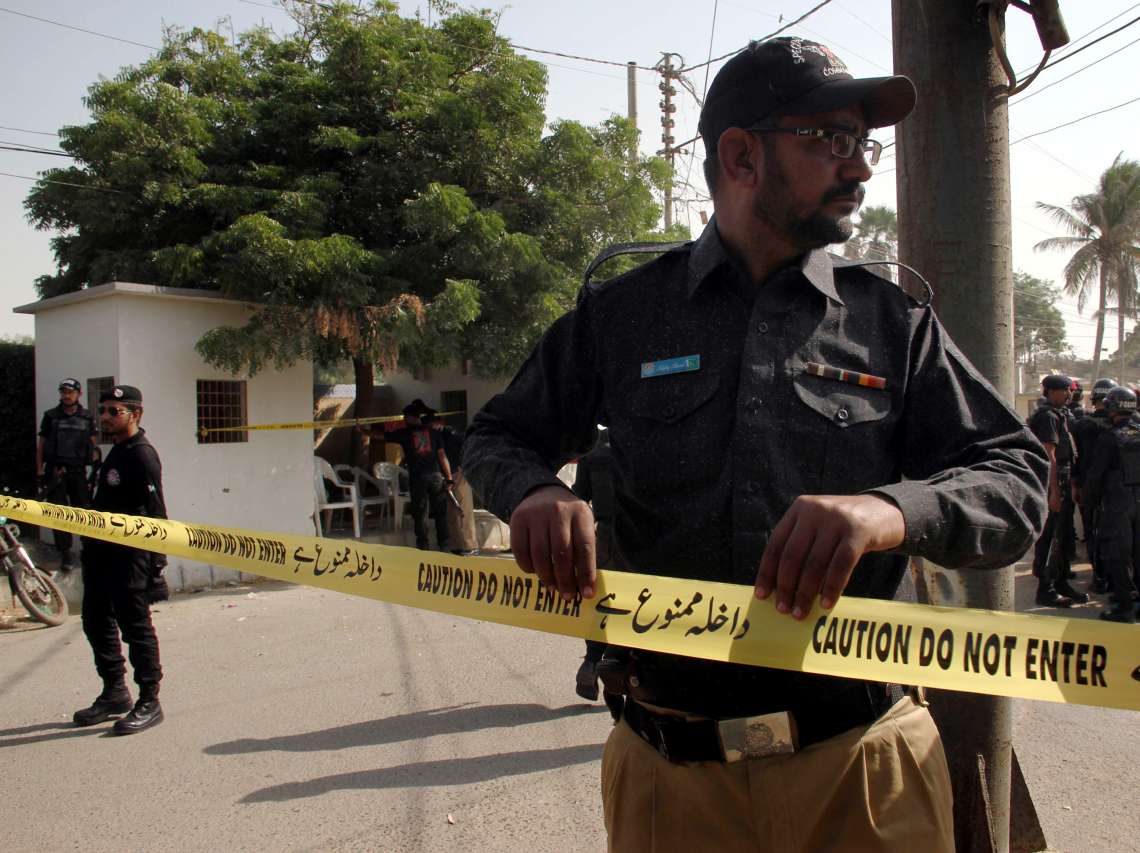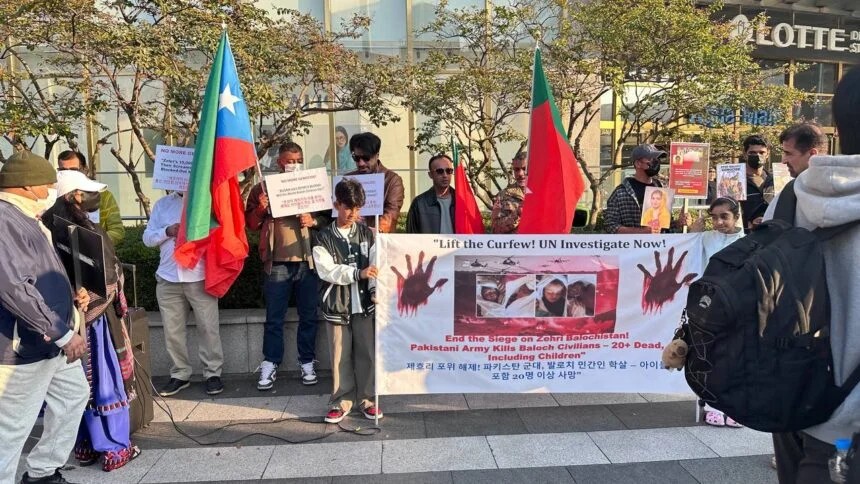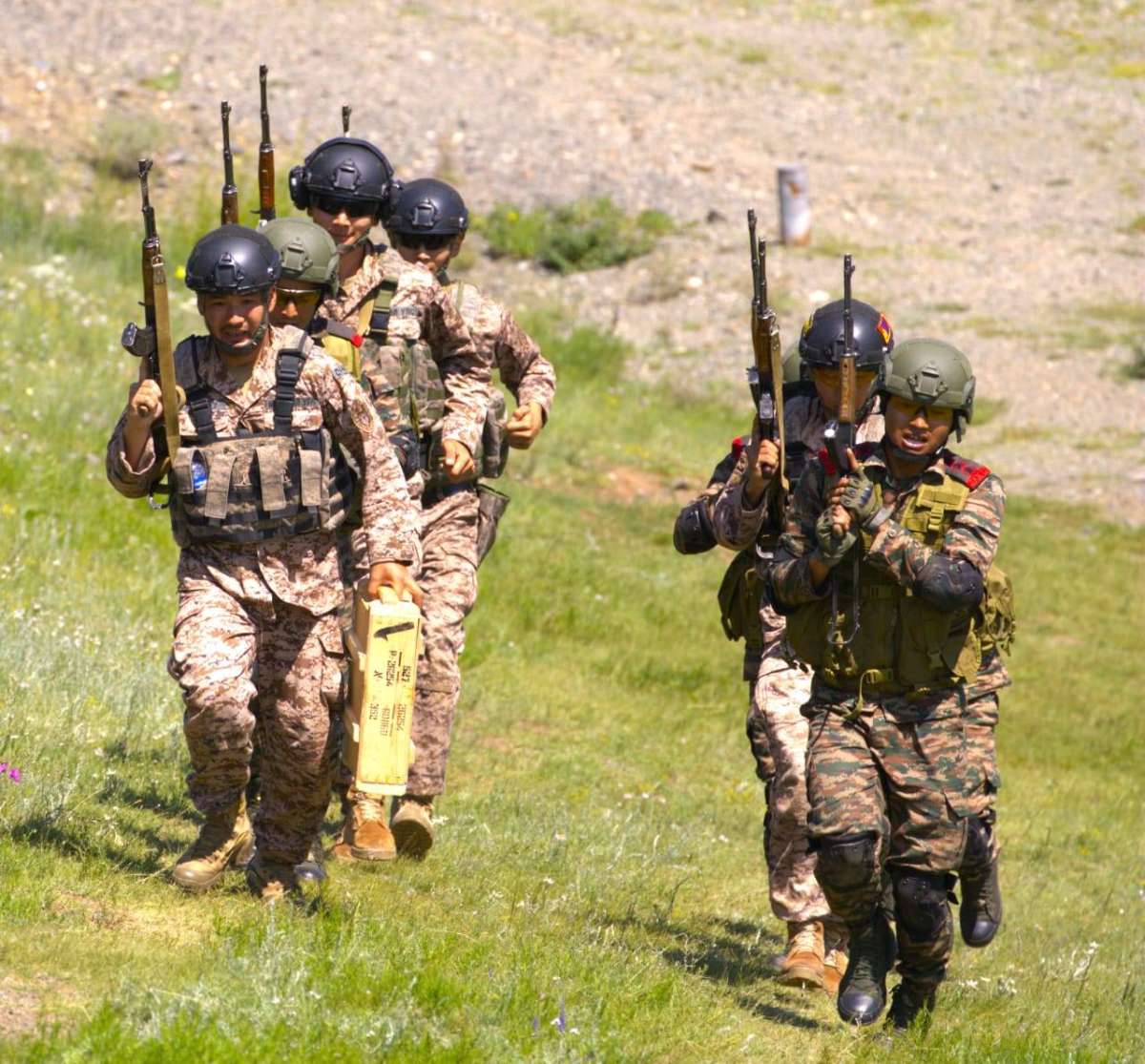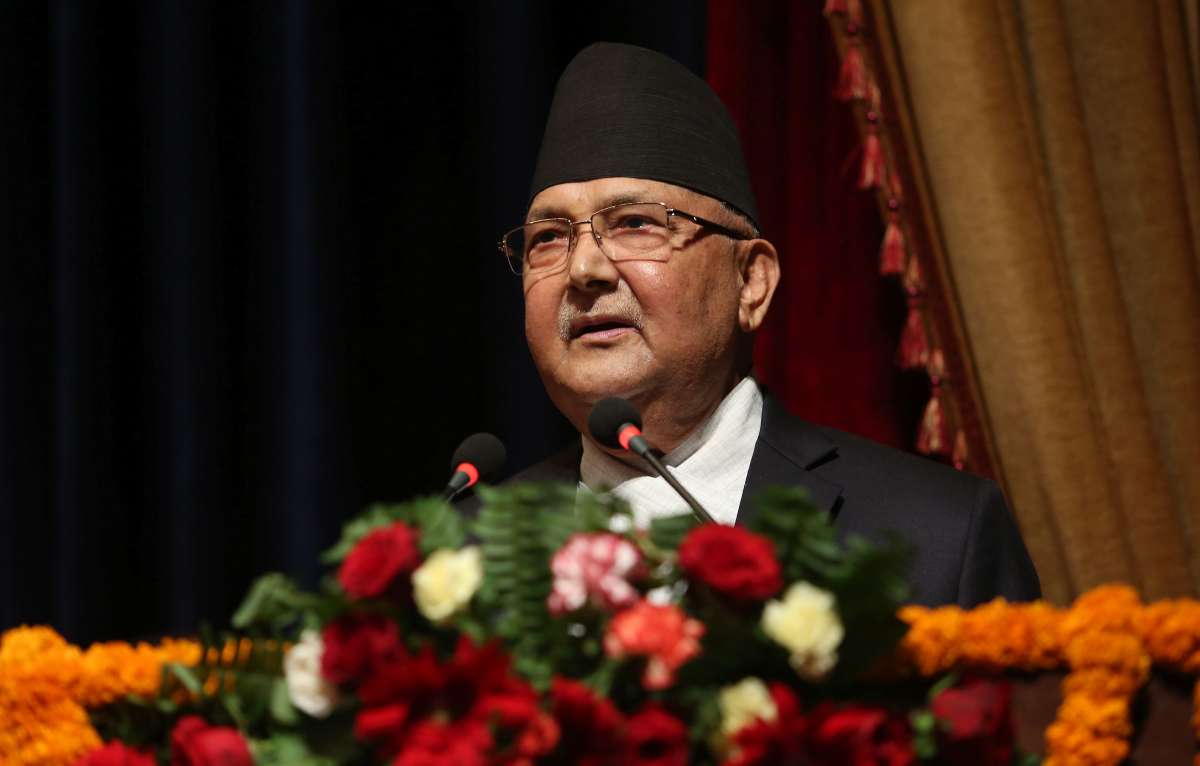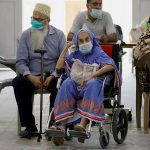Forced disappearances and extrajudicial killings carried out by an authoritarian regime have severely impacted the Baloch community….reports Asian Lite News
Balochistan, a region of significant geopolitical importance, has been entangled in a complex and long conflict.
Under the stringent control of a military regime led by Pakistan and its intelligence services, the inhabitants of Balochistan are suffering immensely.
Forced disappearances and extrajudicial killings carried out by an authoritarian regime have severely impacted the Baloch community.
Historical Context
The current situation in Balochistan has a historical context. Balochistan, the largest province of Pakistan by land area, is endowed with abundant natural resources but remains one of the most underdeveloped regions in the country.
The origins of the ongoing conflict date back to the partition of India in 1947 when Baloch leaders sought independence.
However, the region was forcefully annexed by Pakistan in 1948, leading to widespread resentment and the rise of nationalist movements. Over the last seven-and-a-half decades, Balochistan has witnessed several insurgencies, each driven by demands for greater autonomy, control over local resources, and recognition of Baloch identity.

Pakistan as a state has predominantly responded militarily. Its handling of Baloch affairs has been marked by brutal repression to suppress any kind of dissent. This approach has created an atmosphere of perpetual tension and mistrust between the Baloch populace and the federal government.
Role of the military and intelligence agencies
The Pakistani military and intelligence agencies play a central role in this conflict in Balochistan. The area is heavily militarised, with a strong presence of the army and paramilitary forces.
These forces are accused of severe human rights violations, including forced disappearances, extrajudicial killings, and torture.
Forced disappearances have notably become a primary tactic in the state’s effort to suppress Baloch nationalism.
Individuals such as activists, students, and ordinary citizens suspected of separatist leanings are often abducted in utter disregard to laws and human rights. Human rights organisations estimate that thousands of Baloch have been subjected to these enforced disappearances, fostering a climate of fear and uncertainty.
The Human Rights Commission of Pakistan documented more than 1,000 cases of such disappearances in Balochistan from 2014 to 2018. Bodies of missing Baloch people are often found dumped in remote areas of Pakistan with visible signs of torture and trauma.
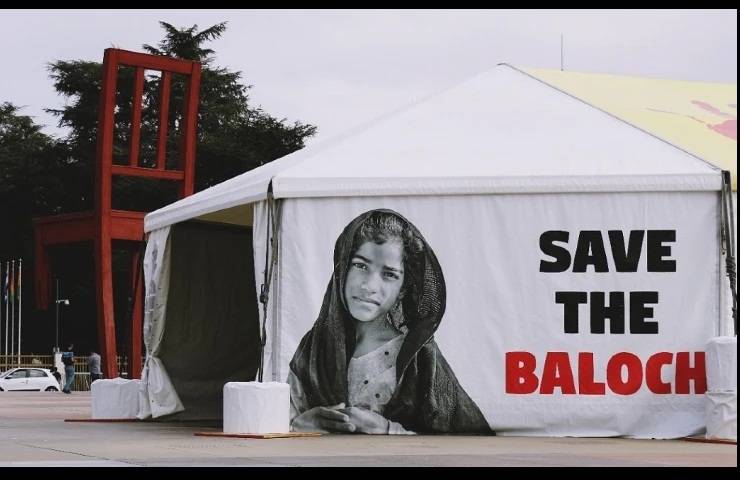
Such instances of extrajudicial killings are severe human rights violations, carried out to intimidate and silence dissent within the Baloch community.
Despite repeated condemnations from global human rights organisations, these practices continue unabated in Balochistan.
The abundance of natural resources in Balochistan such as natural gas, minerals, and fisheries should have brought prosperity here. However, the reality is vastly different.
The province remains impoverished, with limited access to essential services like healthcare, education, and clean water.
This economic marginalisation has fueled grievances among the Baloch, who can see that their resources are being exploited for the benefit of other regions and the Central government.
There is hardly any reinvestment for their development.
The construction of the Gwadar Port, a key project under the China-Pakistan Economic Corridor (CPEC), aptly explains the paradox of development in Balochistan.
Although promoted as a transformative initiative for the regional economy, the project has largely excluded local participation and benefits.
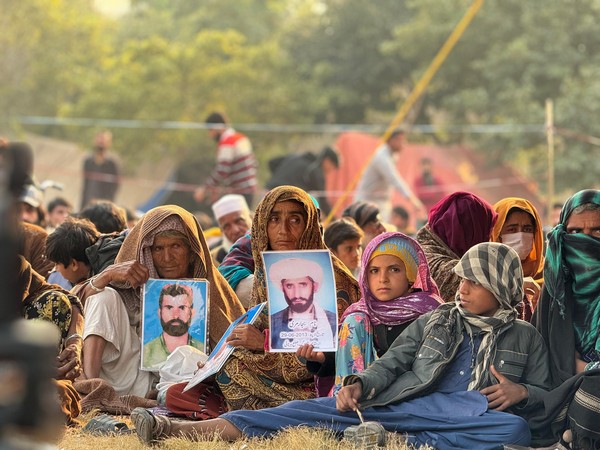
Land acquisition for the port and associated infrastructure has displaced thousands of Baloch families, strengthening their sense of disenfranchisement.
Reports indicate that local fishermen, who relied on Gwadar’s coastal waters for generations, have been severely impacted by restrictions on fishing activities and the environmental degradation due to the port’s construction.
Humanitarian crisis
The human cost of the conflict in Balochistan is immense. The unending cycle of violence, enforced disappearances, and killings has devastated numerous families and communities.
Women and children, in particular, suffer greatly, bearing the loss of loved ones and living in constant fear of violence.
Humanitarian organisations face significant challenges operating in Balochistan due to state-imposed censorship and safety concerns.
International attention to the crisis has been sporadic, and efforts to address human rights abuses have largely been ineffective.
Political landscape
Balochistan’s political landscape is marked by a fragmented and diverse array of actors, including nationalist parties, armed groups, and tribal leaders.
Some factions advocate for complete independence from Pakistan, while others seek greater autonomy within the federal framework.
Efforts to achieve a political solution have been hindered by deep-seated mistrust and the state’s reluctance to engage in meaningful dialogue with stakeholders.
Sporadic attempts at reconciliation such as amnesty programmes for armed freedom fighters and promises of development projects have failed to address the core issues driving the conflict.
The Baloch leadership remains sceptical of the Pakistan government’s intentions, viewing such initiatives as superficial and insincere.
Data from the South Asia Terrorism Portal indicates that more than 2,000 people died in insurgency-related violence in Balochistan between 2010 and 2020, underscoring the persistent nature of the conflict.
The international dimension
Balochistan’s strategic importance and rich natural resources have garnered international attention, adding layers of complexity to the conflict.
Pakistan’s partnership with China, especially through the CPEC, highlights the global stakes in the region.
The international community’s response to the Balochistan issue has been inconsistent.
Although some human rights organisations and foreign governments have condemned the abuses, there has been limited action to put pressure on the Pakistan government to address the situation.
Geopolitical interests often overshadow human rights concerns, leaving the Baloch people with limited options on the global stage.
The conflict in Balochistan has been aggravated by the oppressive actions of Pakistan’s military and intelligence agencies.
Their all-pervasive influence along with deliberate economic marginalisation and political fragmentation of the Baloch, has created a highly volatile situation inflicting grave suffering on the Baloch people.
Addressing this crisis requires a steadfast commitment to genuine dialogue, protection of human rights, and the implementation of development policies that prioritise the needs and aspirations of the Baloch population.
But the attitude of Pakistan’s establishment doesn’t inspire any hope.


